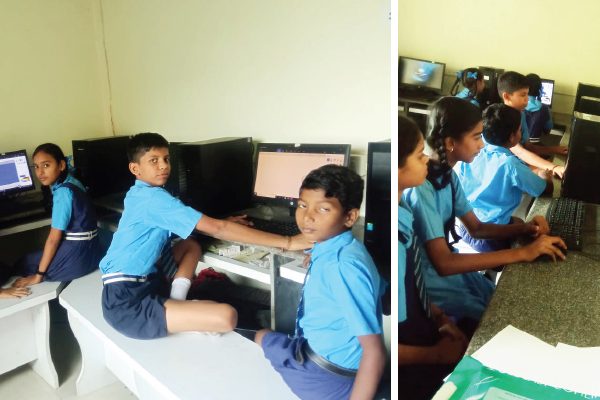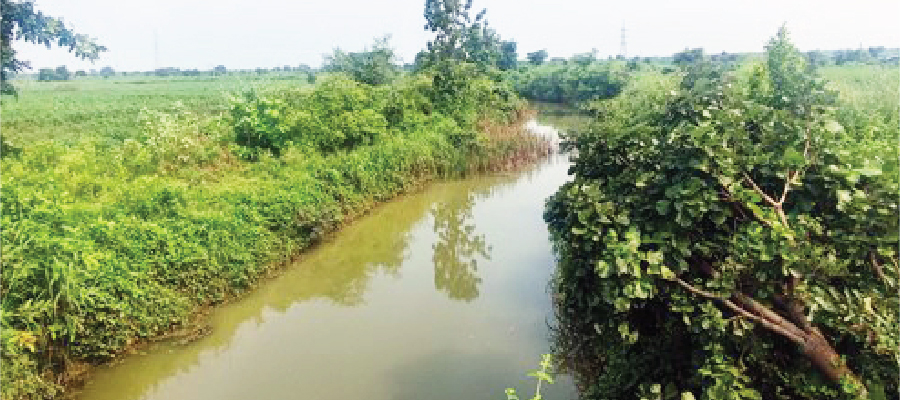In Maharashtra’s agricultural belt, where every drop of water counts, Allcargo, India’s largest integrated logistics services provider, has undertaken a transformative water conservation project in Borgaon, Umred taluka, Nagpur.

As per the Food and Agriculture Organization (FAO), 1.8 billion people will face “absolute water scarcity” by 2025, while two-thirds of the earth’s population will face water stress. The over utilization of groundwater aquifers, coupled with the longer dry spells due to climate change, are depleting these sources of fresh water.
However, the situation is not irreversible as Allcargo is determined to prove. In collaboration with Sadbhavana Gramin Vikas Sanstha, the logistics major’s CSR arm Avashya Foundation is working to address the issue through a comprehensive rainwater harvesting project aimed at reviving three streams that have run dry. Central to the initiative is the desilting of existing nala (storm water drain) beds and promoting rainwater percolation to recharge confined aquifers. This involves a multi-faceted approach:
Desilting and restoration: The first phase involves removing silt from existing water conservation structures, ensuring optimal water flow and storage capacity.
Infrastructure enhancement: The nala bed will be widened and deepened, up to three metres, while preserving their natural course. Additional water conservation structures like check dams will be constructed to mitigate floods and facilitate maximum recharge and storage.
Preventing soil erosion: Plantation drives along the banks of the nala will prevent soil erosion and siltation, fostering a sustainable ecosystem.
Community engagement: Stakeholder capacity building will ensure the judicious use and maintenance of water resources, fostering a sense of ownership among local communities.
Holistic Outcomes
“The anticipated outcomes of this project are far-reaching, promising a holistic transformation of the region’s agricultural landscape. The project aims to enrich approximately 1000 hectares of agricultural land. The availability of water will enable farmers to cultivate multiple seasonal and perennial crops, significantly augmenting their income. A flourishing rural economy will also be able to arrest migration to urban areas and its complex social outcomes. On the other hand, it will encourage reverse migration. Over a 12-year period it is expected that the streams will become self-sustaining, says Dr. Nilratan Shende, Sr. General Manager CSR, Allcargo Group.
“The impacts of the project are so widespread, benefiting around 1500 families living in the vicinity upon completion. The project will augment protective irrigation, which makes water available to crops in the last stage of their growth-cycle. This is crucial in areas facing water scarcity to prevent crop abandonment,” says Madhav Kotasthane from Sadbhavana Gramin Vikas Sanstha.
Restoring water sources and enhancing groundwater recharge can contribute to the rejuvenation of ecosystems, including rivers, wetlands, and forests. This benefits biodiversity and ecosystem services while also supporting sustainable livelihoods. From the socioeconomic viewpoint, access to reliable water resources stimulates economic activities such as sowing commercial crops, improved livestock rearing, small-scale industries, and facilitating reverse migration.
It is noteworthy that Allcargo Group has Care for Environment and Society enshrined in its core values. Having adopted on a strategic approach to ESG, the group aims to be carbon neutral by 2040. Just last year, Allcargo achieved its goal of planting a million trees to increase the earth’s green cover.



















